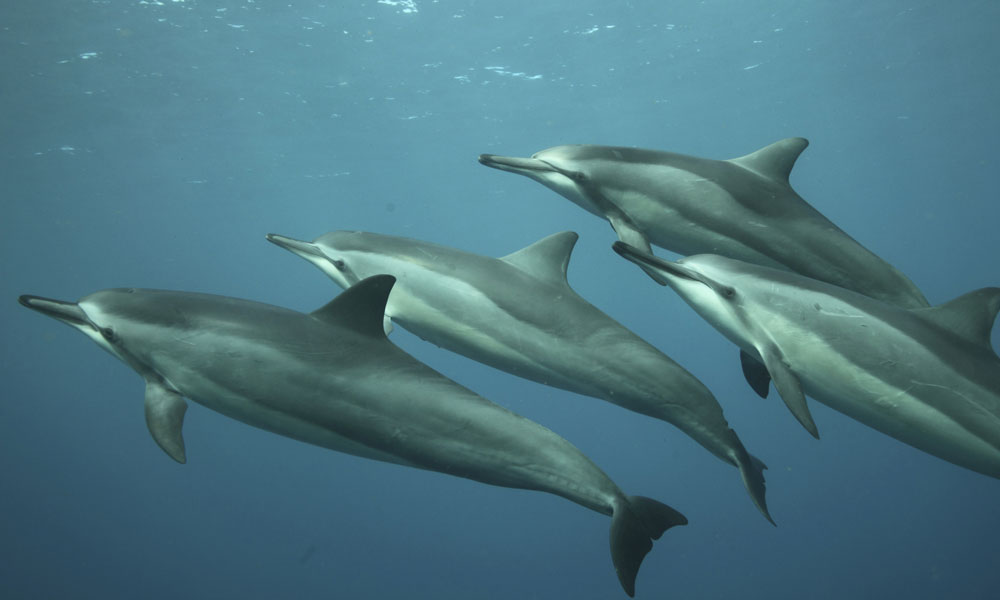
World Zoo Association Takes Hard Line on Dolphin Hunts
The World Association of Zoos and Aquariums won plaudits from animal rights activists when it suspended the Japan Association of Zoos and Aquariums over its refusal to ban the dolphin trade.
The dolphins won this time.
A disagreement over a controversial dolphin-capture technique prominently used in Japan has forced the World Association of Zoos and Aquariums to suspend the membership of the Japan Association of Zoos and Aquariums.
“WAZA requires all members to adhere to policies that prohibit participating in cruel and non-selective methods of taking animals from the wild,” the organization said in a statement. The suspension came after talks with JAZA to reach agreement on a two-year moratorium on the mass entrapment and slaughtering of dolphins fell through.
JAZA proposed new guidelines that would restrict how the animals are captured and ensure better animal care. However, the world organization believed the proposed changes would not prevent the continuation of dolphin-hunting operations in Taiji, Japan.
“The basis for the suspension is a determination that JAZA has violated the WAZA Code of Ethics and Animal Welfare,” WAZA said.
The Shocking Numbers
During the Taiji dolphin-hunting season, fishermen lead groups of the marine mammals into a shallow-watered cove. There, the dolphins are effectively trapped—allowing the fishermen to kill or capture them.
The scale of the hunting is staggering, animal rights activists say. Over 5,000 dolphins have been killed over the past five years, according to researchers for the marine wildlife group Ceta-Base, which has collected data on “drive fisheries” in Taiji.
Among the thousands of dolphins captured, at least 750 have been sent to aquariums—a statistic that puts pressure on both WAZA and JAZA. The Ceta-Base observers also say that a monthlong moratorium on hunting last August failed to have a long-term effect on dolphin-hunting operations.
While JAZA isn’t running the dolphin hunts themselves, the group’s association with the practice was enough to force WAZA to take a stand.
“Up to 40 percent of total demand for Taiji dolphins come from WAZA network aquariums,” Australia for Dolphins CEO Sarah Lucas told One Green Planet. “WAZA’s decision to suspend its Japanese member for involvement in the hunts is a major blow to the world’s largest dolphin trade.”
From Momentum to “Big Win”
The move is a significant victory in a years-long animal rights campaign. The Cove, an Oscar-winning documentary from 2009, drew attention to the brutal treatment of dolphins in Taiji. Since then, efforts to stop the hunts have grown.
The Dolphin Project’s Ric O’Barry, a former trainer who was prominently featured in The Cove, applauded the move.
“We congratulate and applaud WAZA Council for doing the right thing,” O’Barry said. “This is a big win for all wild dolphins swimming past the shores of Taiji.”
Despite the JAZA suspension, Lucas’ group still plans to go through with a lawsuit against WAZA for allowing JAZA to violate its code of ethics.
Nonetheless, Lucas said WAZA’s move “is a significant first step towards ending the horrific annual dolphin hunts in Taiji.”






Comments